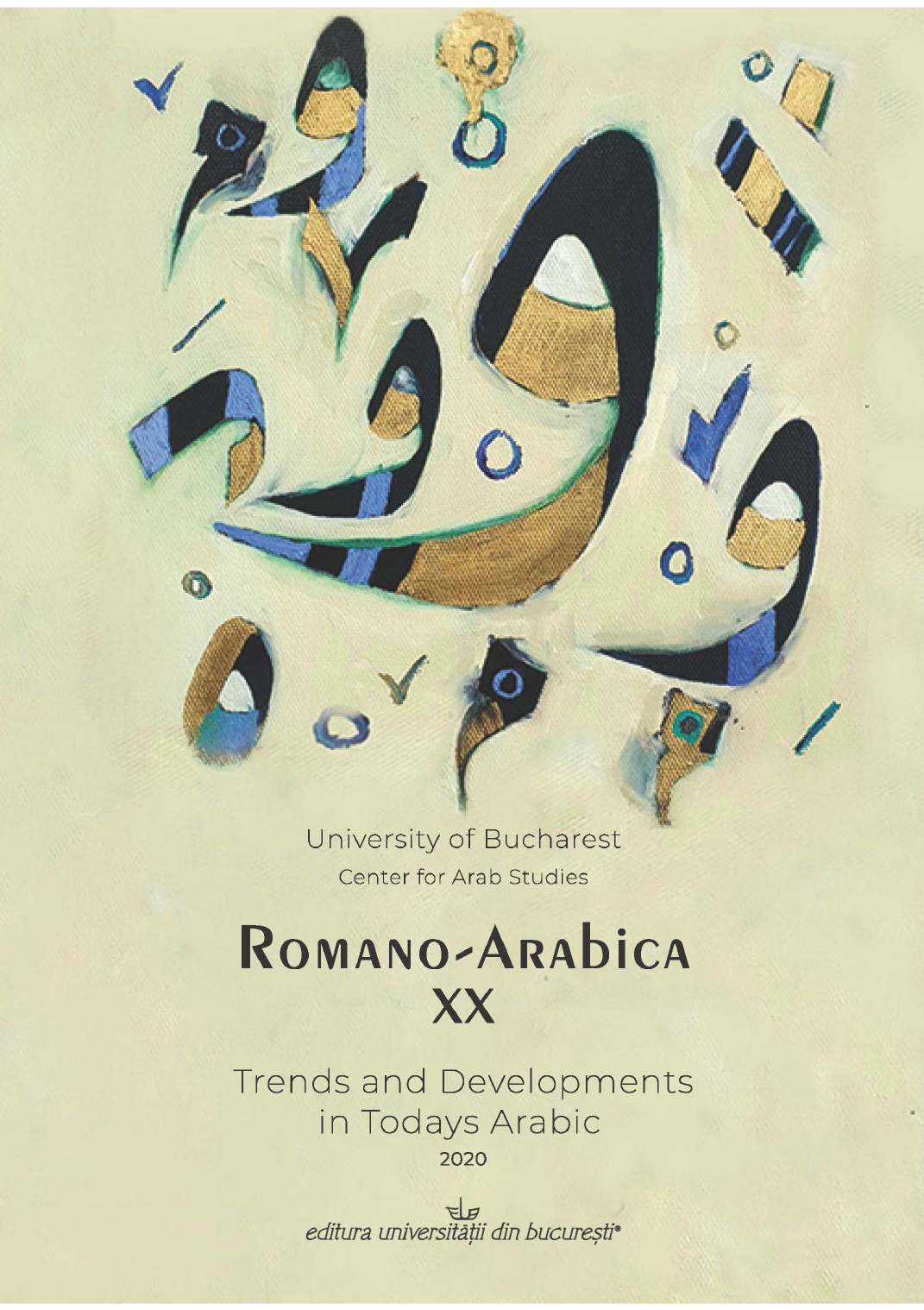INDEFINITE CONDITIONALS IN MAN IN CONTEMPORARY WRITTEN FUṢḤĀ
INDEFINITE CONDITIONALS IN MAN IN CONTEMPORARY WRITTEN FUṢḤĀ
Author(s): Manuel SartoriSubject(s): Language and Literature Studies, Morphology, Syntax, Semantics
Published by: Editura Universităţii din Bucureşti
Keywords: Arabic temporal forms; Contemporary Written Fuṣḥā; indefinite conditionals; man;
Summary/Abstract: Like in other languages, Arabic distinguishes between conditional sentences on the one hand, represented by the operators of supposition ʾiḏā, ʾin and law applied to a clause, and indefinite conditional sentences on the other, represented by the nouns man (« whoever »), mā (« whatever »), matā (« whenever »),ʾayna, ʾayna-mā (« wherever »), mahmā (« whatever »), etc. The vast majority of recent grammars of Contemporary Written Arabic, according to Classical Arabic grammar treatises, present the syntax of these indefinite conditional sentences as equivalent to that of the ʾin conditional structures in Classical Arabic, thatis to say either ʾin faʿala … faʿala or ʾin yafʿal … yafʿal. But a detour by the contemporary Arab press shows many other realities. This study exhibits and analyzes this great syntactic diversity that affects not only the apodosis but also the protasis of these conditional sentences as well as it shows an innovation: the temporal deneutralization within the protasis of faʿala which can then be interpreted as a formal and semantic past, following the fact that yafʿalu and sa-yafʿalu can be used in it as present and future.
Journal: Romano-Arabica
- Issue Year: XX/2020
- Issue No: 20
- Page Range: 319-347
- Page Count: 29
- Language: English

